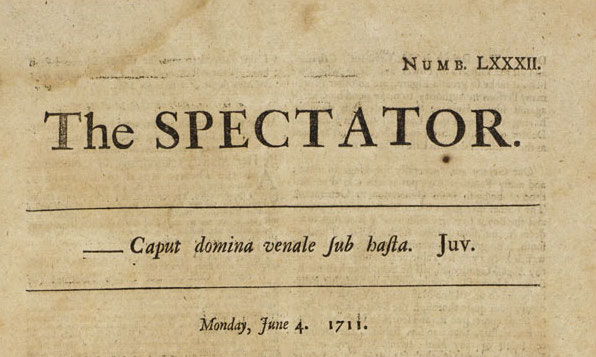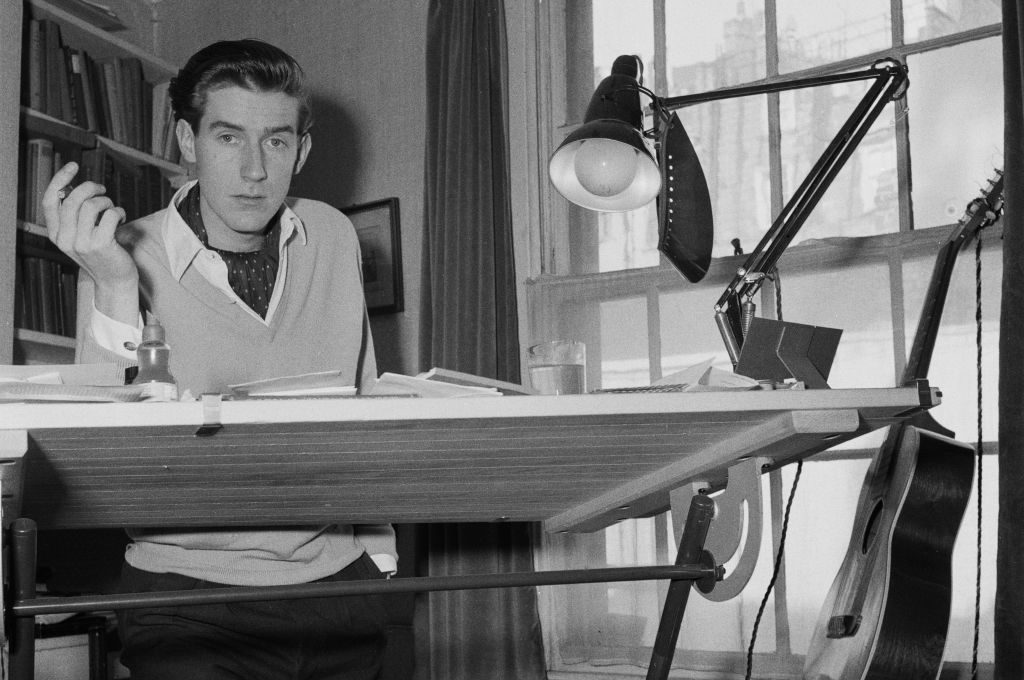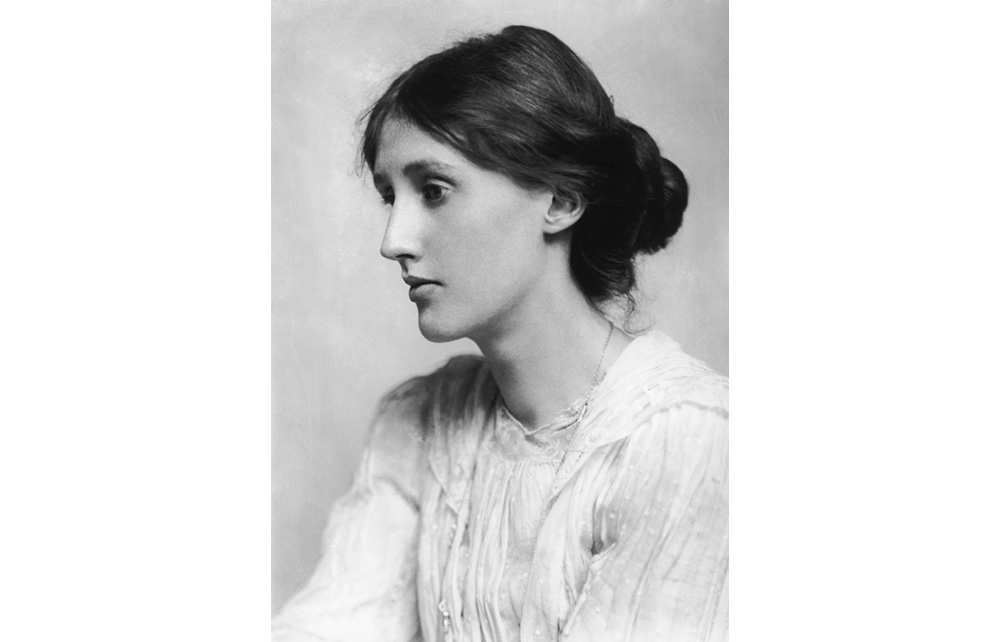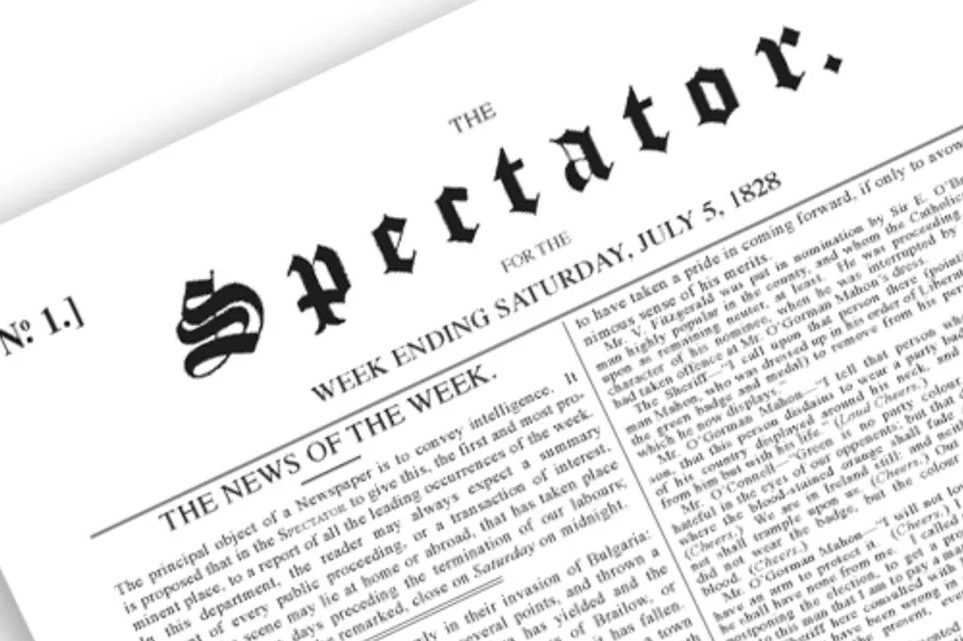A newspaper — it would be more than 100 years before it became a magazine — calling itself a spectator of events, while consistently standing up for individual freedom, was bound to fall out with its readership from time to time.
In the early years, under the editorship of its Scottish founder, Robert Rintoul, The Spectator’s support for the Tolpuddle Martyrs, for the Chartists and for the abolition of slavery in the colonies did not cause too many raised eyebrows. Thanks to Rintoul’s enlightened imperialism, a fund was established to settle laborers and young married couples in Australia and New Zealand.
But when the new joint editors, Meredith Townsend and Richard Holt Hutton, declared The Spectator’s position at the outbreak of the American Civil War — ‘the quarrel… is between freedom and slavery, right and wrong, the dominion of God and the dominion of the Devil, and the duty of England, we submit, is clear’ — that was just too much for many readers to bear.
To them, and to the rest of the British press, the quarrel was about cotton, not the condition of the labor force in the Confederate states; almost alone (though supported by Queen Victoria), The Spectator backed the Union against the South, and its circulation suffered.
The next blow to Spectator readers occurred 20 years later when the paper opposed Gladstone over Home Rule. The editorial decision to withdraw support for Gladstone put Hutton’s personal friendship with him under great strain.
At the turn of the century, The Spectator, edited by St Loe Strachey, also succeeded in falling out with Joseph Chamberlain, an opponent of Irish Home Rule, over his campaign for tariff reform against free trade. Balfour’s government was also castigated and circulation, which had been rising healthily, took another knock.
In a declaration of policy, Townsend and Hutton had stated that The Spectator ‘subordinated all party interests to the general welfare of the people’. Their welfare, and the readers’ concern, were paramount in 1928 when, with unemployment in south Wales at more than 40 percent, the paper ‘adopted’ the town of Aberdare. £15,000 (almost £1 million or $1.2 million today) was raised in response to an appeal. Food, blankets and clothes were also donated, even including silk dressing gowns and hunting jackets, and one columnist expressed his deep sympathy for ‘those who live in small houses’.
The Spectator’s proprietor, Sir Evelyn Wrench, did his bit for the welfare of British soldiers in World War Two. He established a Tobacco Fund with the Overseas League, which he had founded, to provide 1,000 cigarettes for the men at the front for every £1 contributed. King George VI gave £25.
The Spectator’s libertarian tradition came to the fore during Ian Gilmour’s editorship. In 1955, when Lord Montagu and two others were imprisoned for homosexual offenses, Gilmour denounced the director of public prosecutions and, two years later, gave The Spectator’s support to the Wolfenden committee proposals, which advised that homosexual acts between consenting adults no longer be a criminal offense. This was a ‘Pansies Charter’, thundered John Gordon, the curmudgeonly Presbyterian columnist of the Sunday Express, and The Spectator was blowing ‘The Bugger’s Bugle’.
Sales of the paper fell again that same year when — perhaps Gilmour’s finest journalistic hour — he wrote a devastating leader deploring the ‘obvious barbarity’ of the home secretary’s decision to hang Ruth Ellis, and calling capital punishment ‘absolutely indefensible’.
When not espousing radical causes, Gilmour was ridiculing the Lord Chamberlain’s theater censorship and the Lord Chief Justice’s enthusiasm for hanging insane murderers. Circulation, and advertising revenue, suffered when The Spectator condemned Anthony Eden’s government over Suez, and at the 1959 general election advised its readers not to vote Conservative. Once again, The Spectator was putting principle before both party and profit.
With Brian Inglis as editor, The Spectator entered a period of slightly anarchic fun, paying little attention to politics but gaining a more eclectic readership. The fun continued during the Alexander Chancellor years, and the weekly leading article was abandoned for a time. During the Falklands war in 1982, a number of readers were unimpressed by The Spectator’s less than wholehearted support for military action. Kingsley Amis wrote: ‘Your coverage of the Falklands episode has cleared up one small point: whether you run a fairly responsible journal for the libertarian Right or a fairly entertaining magazine. You run a fairly entertaining magazine.’
***
Get three months’ free access to The Spectator USA website —
then just $3.99/month. Subscribe here
***
Among the fairly entertaining book reviews of the time was one by Bel Mooney, which the literary editor, A.N.Wilson, altered to read as an insult to Clive James. Wilson’s sacking by Chancellor subsequently cost the editor his job. Rebecca West threatened legal action when her wartime book on Yugoslavia was described by Alastair Forbes as ‘Balkan balderdash’. When reviewing a collection of Spectator and New Statesman articles, Auberon Waugh wrote that he couldn’t think ‘of a single reason why anyone should buy it’. In the previous century, more significantly, Spectator reviewers had been dismissive of some of the works of Dickens (especially Bleak House) and the Brontë sisters (Wuthering Heights and Jane Eyre).
Literary judgments may be transitory, but political judgments are longer-lasting. In the early 1970s, Patrick Cosgrave, The Spectator’s political commentator, was one of the first to press Margaret Thatcher’s candidature as next leader of the Conservative party. When a referendum over the future of Britain and the EEC was held in 1975, The Spectator was the only publication committed to leaving Europe. The paper’s occasional perversity was well suited by the unholy alliance of anti-Europeans — Enoch Powell, Tony Benn, the union leaders Arthur Scargill and Jack Jones — who were encouraged to meet in The Spectator’s offices during the referendum campaign.
The Spectator maintained its stance — Boris Johnson was calling for another referendum while editor in 2003 — until Brexit was won. Forty years on from the ‘first’ referendum, as circulation had risen from barely 10,000 to around 70,000, principle and profit were happily in tandem.
This article was originally published onThe Spectator’s UK website.

























